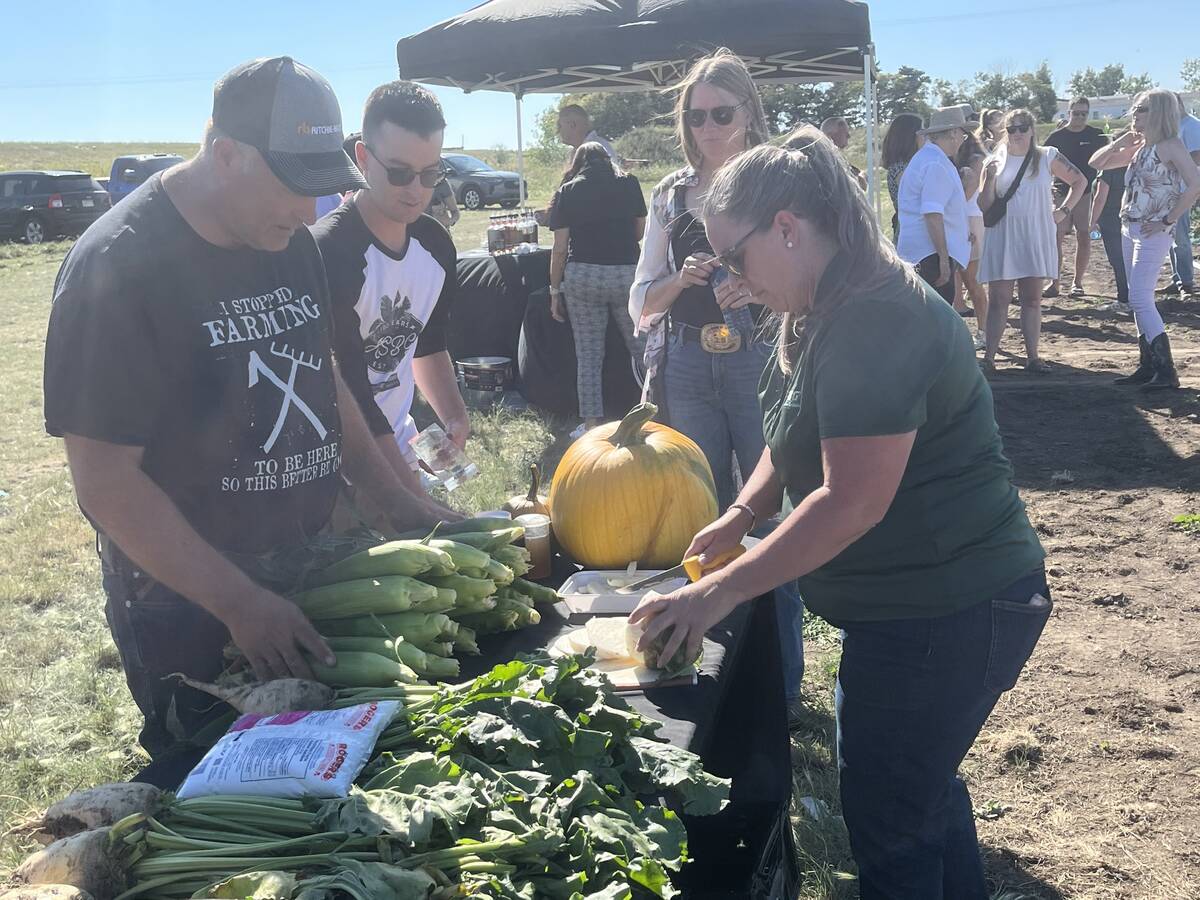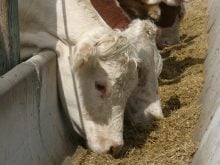This is the second in a series of occasional features in which farmers on the Canadian Wheat Board’s advisory committee answer questions about CWB operations.
All readers may submit questions to the Western Producer for possible inclusion in future Q&A features.
Answers this week were provided by Terry Hanson of Fillmore, Sask., vice-chair of the advisory committee.
Q: If the CWB loses its status as an agent of the Crown, it will affect its ability to operate in money and/or financial dealings directly. Could you elaborate on these dealings and describe what impact it would have on me as a farmer?
Read Also

Alberta farm lives up to corn capital reputation
Farm to Table Tour highlighting to consumers where their food comes from features Molnar Farms which grows a large variety of market fruits and vegetables including corn, with Taber being known as the Corn Capital of Canada.
A: The Government of Canada guarantees all the CWB’s borrowings. This means the CWB can borrow at a very low rate of interest internationally. If the borrowings were not guaranteed, the CWB credit rating would have to be re-evaluated by lenders. In that case, farmers would likely lose some of the savings resulting from the lower rates. With the federal government partnership, the CWB realizes about $80 million per year. To put that into perspective, the total CWB administrative costs in 1994-95 were about $44 million.
Q: How much does it cost a farmer per bushel to market grain through the CWB?
A: During the last complete crop year (1994-95), the cost of marketing through the CWB was less than five cents per bushel.
Q: Who does the actual selling of my grain? Do the sales people get commissions? If so, how much? Why or why not?
A: Our grain is sold by senior sales staff and/or commissioners on behalf of the CWB. As well, at times accredited agents arrange sales for which they receive a commission. No commissions are paid to any CWB staff. We want sales staff to command top prices for our grain, given world market conditions, rather than just make a sale at any price.
Q: Do other corporations or brokerage firms get commissions for selling my grain?
A: The prairie elevators and several other grain marketing companies (more than 24 in total) are accredited agents. For arranging sales on behalf of the CWB, the accredited agents receive a commission.
Q: What are the salaries of the commissioners? How about the next level of management?
A: CWB staff are paid in a salary range based on their duties. The chief commissioner’s salary range is between $115,500 and $144,200. The other commissioners are paid between $110,100 and $129,700. In comparison to similar positions at other companies, those salaries are quite modest, especially when you consider that the CWB is one of the largest companies in Canada. All staff salary ranges are available to farmers.
Q: Who supervises the expense accounts of the commissioners and the board’s top sales people?
A: The CWB has an audit committee and an internal audit department. The audit committee approves procedures to ensure all expense accounts are properly approved. This committee includes the Chairman of the Advisory Committee to ensure farmer interests are protected.
As a further safety valve, an independent external audit is performed by Deloitte and Touche. The results of this external audit are published in the Annual Report which is available to the public.
Q: I have been told that the Commissioners must be ready to drop everything and go on a sales mission on a moment’s notice. Is that true? How much traveling do they actually do?
A: Commissioners do travel on short notice and the amount of time spent away depends on the situation. Domestic and offshore customers, farmer meetings and industry meetings require the Commissioners to be away from the office a significant amount of time.














